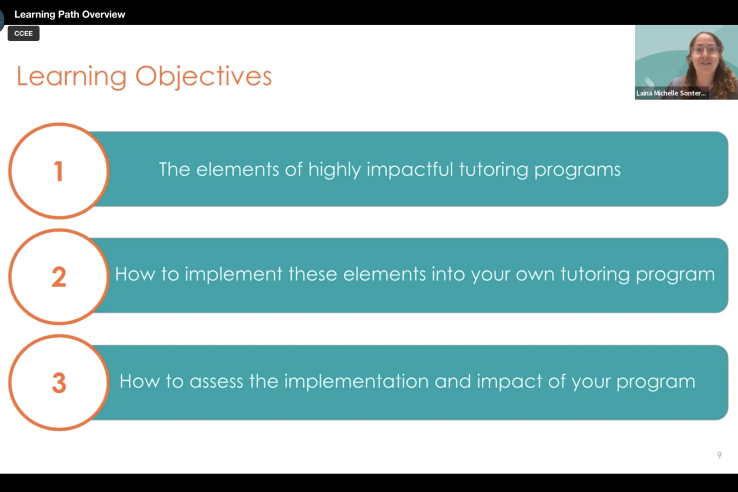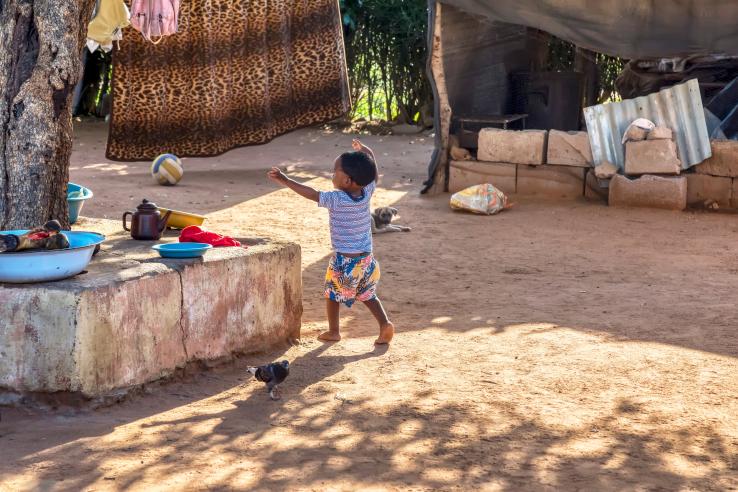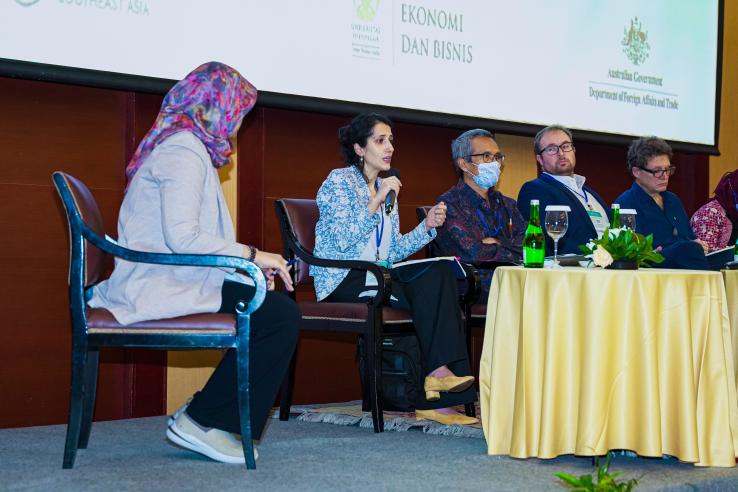Displaying 2881 - 2895 of 8488
Resource
Basic page
Blog
J-PAL North America and the California Collaborative for Educational Excellence (CCEE) created the Implementing Evidence-Based Tutoring for High Impact learning path to give local education agencies and tutoring providers easily accessible information about effective program components and how to...
Initiative Resource
Initiative projects and documents
Event
Você gostaria de conhecer o que dizem as evidências científicas mais recentes sobre programas de Qualificação de Profissional na América Latina? Gostaria de entender quais são os mecanismos apontados pela literatura que impulsionam a renda e a empregabilidade? Inscreva-se no “Webinar sobre Políticas...
Blog
SfPI is part of a broader effort to equip the scientific ecosystem with the capabilities needed to apply the scientific method to itself—to create, in other words, a practice of “metascience.” Under SfPI, J-PAL will apply the methodological approach of randomized evaluation to the practice of...
Resource
Basic page
Blog
Digital identification (ID) can improve targeting and reduce leakages of government programs, while also enabling citizens to participate in the digital economy. However, digital ID systems can also lead to exclusion of vulnerable groups. The implementation of digital ID systems may be particularly...
Blog
We describe a state-of-the-art, cheap, easily scalable method, relying on inexpensive hardware together with open-source technology to measure speech. We describe how the hardware is better suited than alternatives to field settings and large-scale interventions, and how the software is more precise...
Blog
To further support the Government of Indonesia's important work building climate resilience and a sustainable environment, J-PAL Southeast Asia held a conference on October 25, 2022, to bring together policymakers and practitioners in the field.






